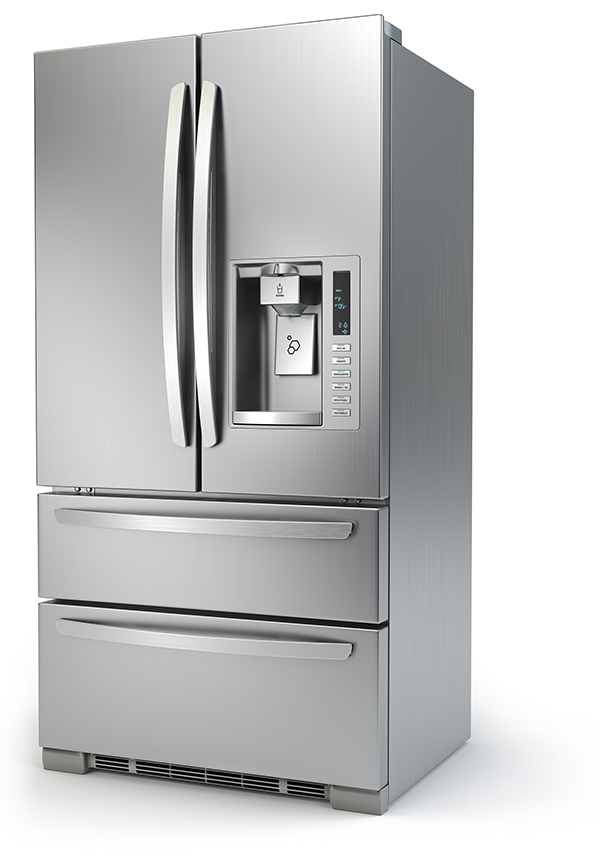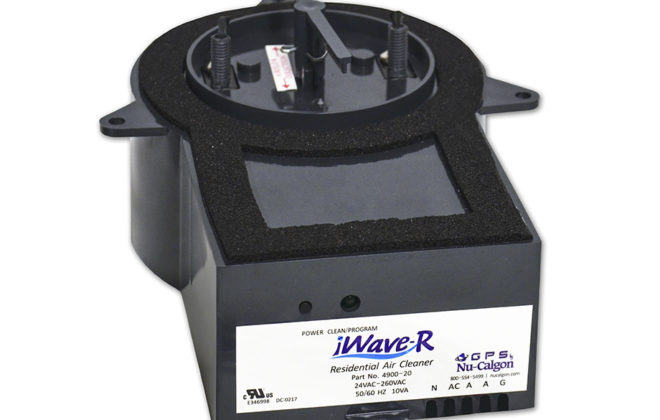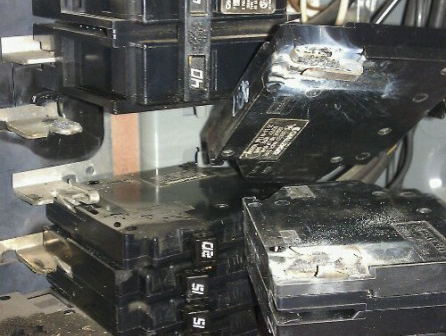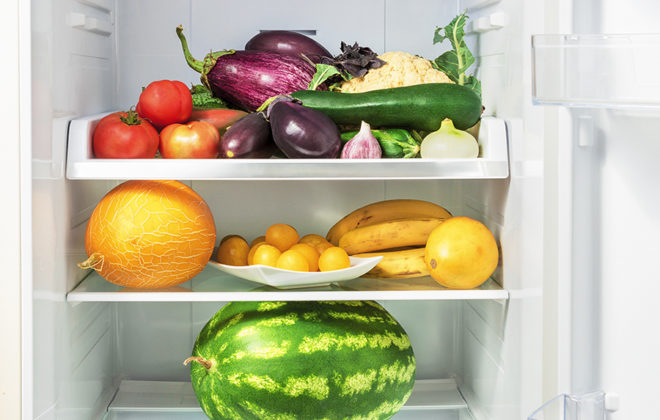Refrigerator/Freezer Care & Maintenance Tips
 Proper care and maintenance of your freezer will not only improve efficiency and performance, but will save energy dollars, and help your food contents to last longer.
Proper care and maintenance of your freezer will not only improve efficiency and performance, but will save energy dollars, and help your food contents to last longer.
Location of Your Appliance
Placing your refrigerator and/or freezer directly near a heat source, outside in warm climates, or where the sun will shine on it will cause it to work harder than it needs to and thus increase your energy costs. Find a cool, level and dry space, with adequate clearance at the back for good air circulation, and room overhead or to the side to open the door.
Care & Maintenance
- Check the seal occasionally to ensure proper sealing. If the seal is not adequate, the door may require an adjustment or the seal may need to be replaced.
- Defrost and clean the freezer regularly. Ice build-up will lower it’s efficiency.
- Safeguard your small children by keeping freezers locked.
- Vacuum any exposed condensor coils regularly to ensure proper air circulation.
- Keep temperature constant to keep food from spoiling.
- These tips are general in nature; consult your owner’s manual for specific care guidelines.
Tips for if you are moving
- You can lay your upright down for safer transport, but turn it on its side with the hinges up, to ensure the door doesn’t open. If possible, it’s best to leave it upright and tie it securely to a sidewall or rack on your transport vehicle.
- You might consider securing the door shut to prevent movement and protect the hinges.
- Remove glass shelving before moving the appliance.
- If you do lay it over on it’s side, wait at least a half hour before plugging your appliance in, to ensure the oil has time to drain back to its proper place in the compressor. Older units should have an even longer waiting period – as the oil takes longer to relocate.
- After an extended period in freezing weather, your refrigerator or freezer may not appear to be working after being plugged in. As it adjusts to the warmer room temperature, the thermostat will tell it to operate.



